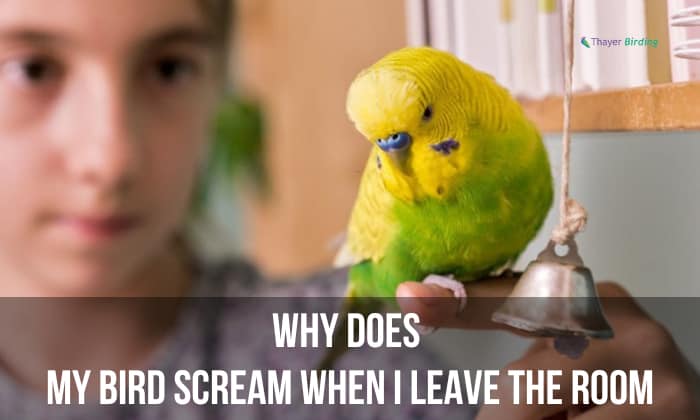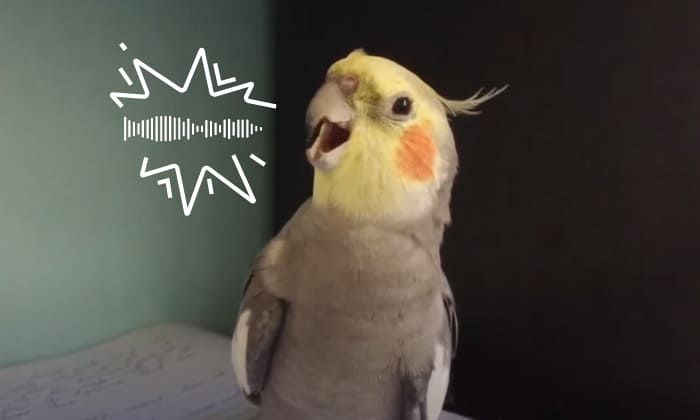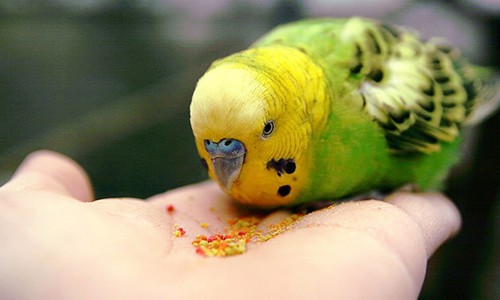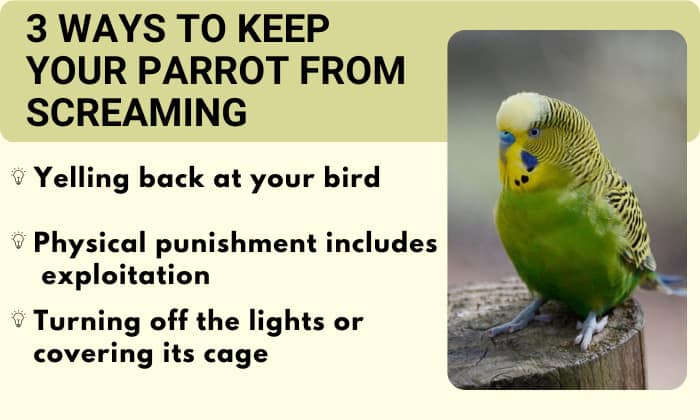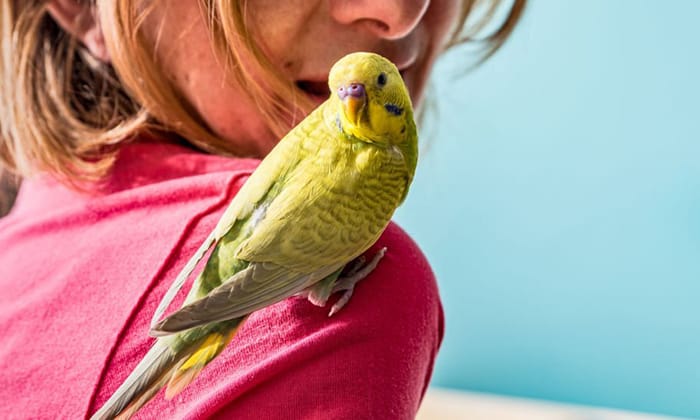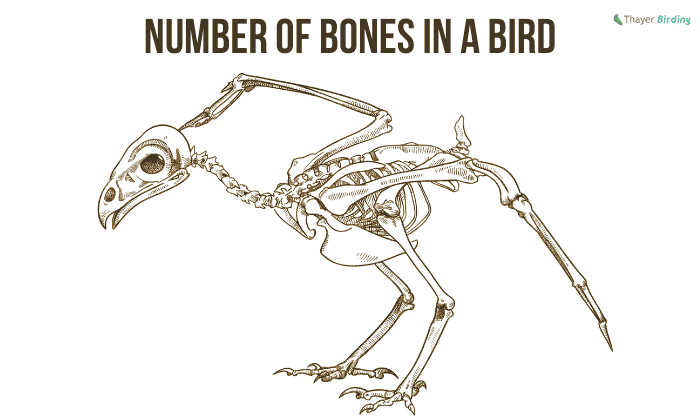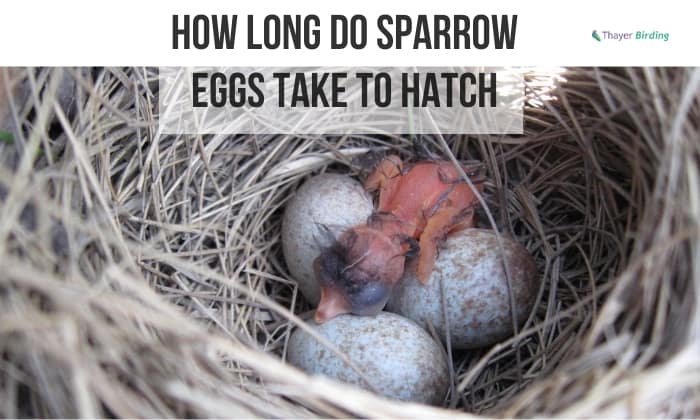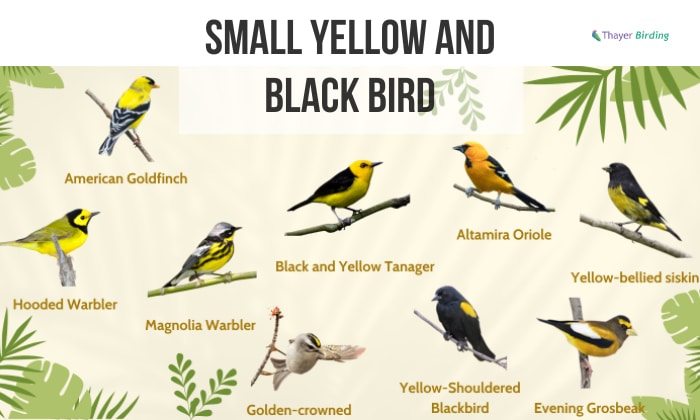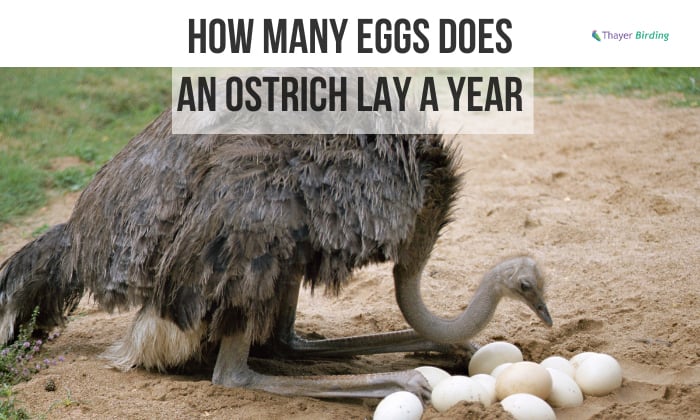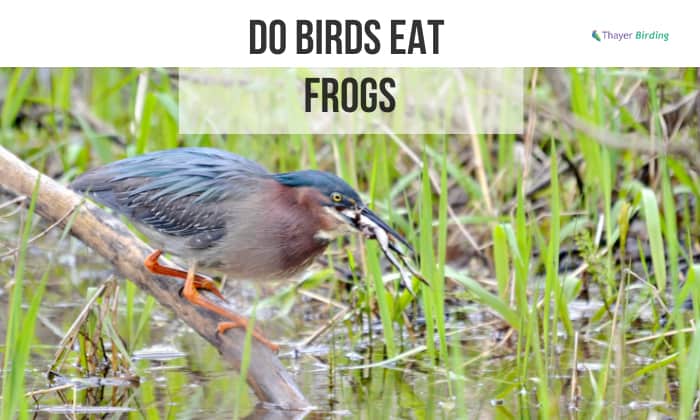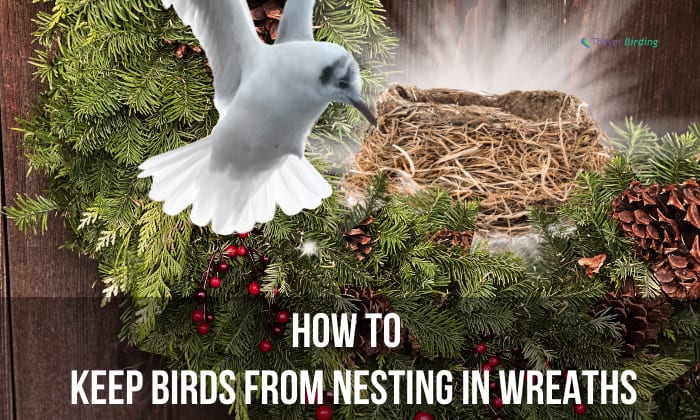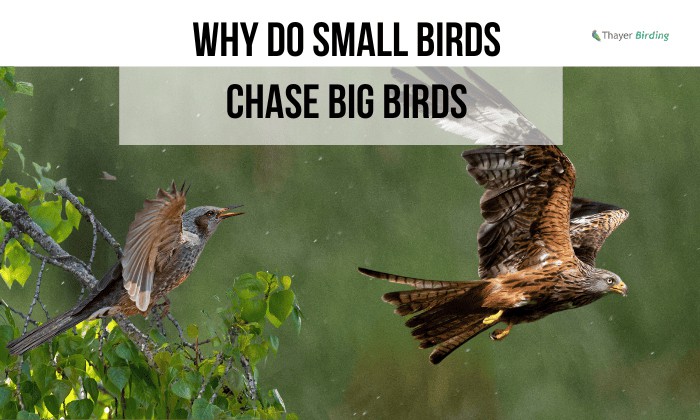Many people buy parrots out of a desire to hear them talk. However, they don’t realize that with the ability to speak comes the ability to scream!
Why does my bird scream when I leave the room?
Birds scream when their owners leave the room mainly because they are sociable animals that do not want to be separated from their flock. Other reasons they may scream include being hungry, scared, or bored.
The good news is that training your bird to scream less is possible. Read on to learn more!
Table of Contents
Why My Bird Screams When I Leave the Room
You may hear a cockatiel scream for three main reasons: social purposes, boredom, and fear.
Parrots are social animals. When separated, they are known for “contact calling” or calling out for their flock. In a way, it is as if they are playing a constant game of Marco Polo!
A bird yelling at owner leaving the room is worried they won’t return. It’s anxious about being separated, causing it to call out for you to please stay!
They aren’t mad–they are showing affection.
- Solution 1: Spend more time with your bird.
Your bird may be craving more attention or social time. Try to spend at least an hour a day with your pet, even if it is just being in the same room as them.
They will be less likely to scream if they feel sufficiently loved and secure that you won’t leave them.
However, remember that the amount of social time each bird needs varies greatly depending on age, species, and individual preference.
- Solution 2: Train it in separation anxiety.
Like many children being dropped off at school for the first time, your bird may be worried you won’t return. Train it to deal with parrot separation anxiety until it understands you will always be back.
Gently talk to your bird, saying that you’ll be back. Leave the room for a while, then come back, praise it, and give it treats for its patience.
Slowly increase your time away until your bird gets the message.
An essential part of the training is the reward: your bird has to learn that it will get treats for patiently and quietly waiting.
- Solution 3: “Contact call” it back.
Sometimes, your bird lets out an inquisitive verbalization as if checking you are nearby.
Train your bird to recognize a particular signal, either the phrase “I’ll be back!” or “I’m here!” or some kind of whistled tune. This can be paired with separation anxiety training.
This reassures and calms your bird before it begins frantically squawking so much, which is likely what will happen if you don’t answer it!
2. My bird is bored
Your bird may scream when you leave because it’s concerned it will get bored when you do. Birds are brilliant animals and get bored without stimulation.
Aside from screaming, signs of a bored pet bird include feather plucking, sudden aggression such as biting, and other personality changes.
Solution: Provide stimulation
The simplest way to entertain your pet is to give it plenty of toys–and rotate them regularly to prevent it from getting bored with them!
However, remember that parrots enjoy biting, chewing, and dismantling things, which may result in your constantly replacing toys.
Leave your parrot paper cups, old phone books, and non-toxic tree branches with leaves it can fuss around with and destroy without emptying your wallet.
Consider giving your pet foraging toys with hidden food inside to challenge it with puzzles!
Other ways you can keep your bird entertained include
- Teaching him new tricks or words
- Give him out-of-cage time to fly around, explore, and exercise–and use up extra energy he might spend screaming instead!
- Give him baths
3. My bird is bothered by its environment.
Loud noises can startle birds. When you open the door, loud noises such as the TV, human conversation, the vacuum cleaner, barking, or even construction sounds may enter the room, scaring your bird.
It’s also possible that something in its environment is scaring it–perhaps it sees a cat or a predator bird flying outside the window. It might also be under a draft and cold!
Lastly, pet parrots are also highly receptive to their owner’s mood. You may have visited it while sad, angry, or frustrated, causing the negativity to rub off on your pet, giving it anxiety.
Solution:
As much as possible, only open the door to leave your parrot’s room when all seems quiet on the other side. Predicting when loud noises will happen in a household is tricky, but simply do your best.
If something in its environment is the cause, check its cage placement and the window. You might find a trigger.
Additionally, always be calm and relaxed around your bird to ensure it doesn’t catch your distress!
4. My bird wants food
Finally, a conure screaming might be asking for food because it is hungry–or jealous of you!
Eating is a social activity for birds. If you were munching on something and left without sharing any with your bird, it may scream to remind you it wants to eat, too!
Solution:
Whenever you eat before your bird, ensure you share your food or give it some of its snacks.
Other Times My Bird May Scream
Birds don’t only scream when their owners leave the room. Other times you may have a screaming bird, include
- When you enter the room, because your bird is happy to see you!
- Some birds scream in the morning to welcome the dawn.
- Your bird may be jealous of a new pet.
- Screaming due to sleep deprivation. If your bird can’t sleep well due to noise, bright lights, or other reasons, it can become grumpy and stressed and scream.
- Birds may scream when sick, but more normal ill bird behavior is lethargy and quiet.
What Not to Do When My Bird is Screaming
Never acknowledge your bird’s screaming if you want to lessen it. Your bird is trying to get your attention by screaming, so any reaction you make will teach your parrot its method is working.
Acknowledging it may look like:
- Yelling back at your bird. Your bird will likely enjoy this since it realizes noise is okay!
- Physical punishments include tapping its beak, squirting water on its face, or hitting its bird cage.
- Turning off the lights or covering its cage. Darkness appears to pacify birds because they do not like to call predators’ attention at night. However, doing this too often, in the long run, may mess up your pet’s circadian rhythm.
What to Do When My Bird is Screaming
The simple answer is to do nothing to stop my bird from screaming. Just ignore it! Why?
Generally, the best way to quiet a screaming parrot is by reinforcing the calm and quiet behavior you want. When it is quiet, you can give your pet verbal praise, treats, or a special toy.
Therefore, if your bird starts screaming while you are in another room, do not enter the room because your bird will understand that screaming worked. Instead, wait until it has quieted down, then enter as soon as possible and acknowledge its quiet.
This task is challenging but will pay off in the long run!
Tips to Train Your Bird to Reduce Screaming Behavior
The first thing to do is accept that I can never completely get my bird to stop screaming. At most, birds can be trained to reduce their bird behavior screaming to tolerable levels.
Beyond ignoring unwanted behavior and rewarding desired behavior, here are a few more tips to help you stop your parrot screaming.
- Train as early as possible. The sooner you address the issue, the less time the bad habit has to develop.
- Keep a diary. Keeping track of your bird’s screaming can help you identify its triggers and preemptively solve them in the future.
- Be observant of its environment. Continuously monitor any changes that may stress your bird.
- Be consistent, especially in your household. If you ignore your pet’s screaming, but your spouse reacts, it will take longer to train your bird!
- Always speak softly to your bird. This teaches it the proper volumes to communicate with you.
- Be patient. Your bird will not change its behavior overnight. Also, occasional slips are normal even if you have “finished” their training. No one is perfect–not us and not our dear pet birds.
Frequently Asked Questions
How do you relax a stressed bird?
It’s best to wait until your bird has quieted before giving it attention, or else it will get the impression that screaming for attention works.
Once it is mute, move slowly and talk to it softly to avoid startling it. Try distracting it with food, toys, or anything else you know will cheer it up.
Afterward, thoroughly inspect its environment and try to spot what is distressing it to remove it right away.
How long can a bird scream for?
Parrots can scream for twenty minutes straight! Additionally, their screams have been measured to reach 100-110 decibels, comparable to standing next to a train, bulldozer, or motorcycle.
How long does it take to train a bird?
It depends on the complexity of the task. Simple tasks can be learned in minutes, while more difficult ones take weeks. Convincing a yelling bird to scream less often will take at least a week, but likely more.
Conclusion
Why does my bird scream when I leave the room? Out of affection and a desire for company! However, while you can take the bird out of the wild, you can’t take the wild out of the bird.
Regardless of the amount of training, your bird will scream when it wants to. At some point, compromising may be more straightforward, like walking outside when it’s your bird’s scheduled time to start screaming.
This way, you get quiet, your bird gets to blow off steam, and you are both much happier.
Fantastic facts about parrots:

George and I became friends after a birdwatching trip with our new group. And we have been enjoying every adventure together. When he told me the idea of establishing a site that shares our experiences and fun, I immediately agreed. After trials and errors, here we have Thayerbirding.


